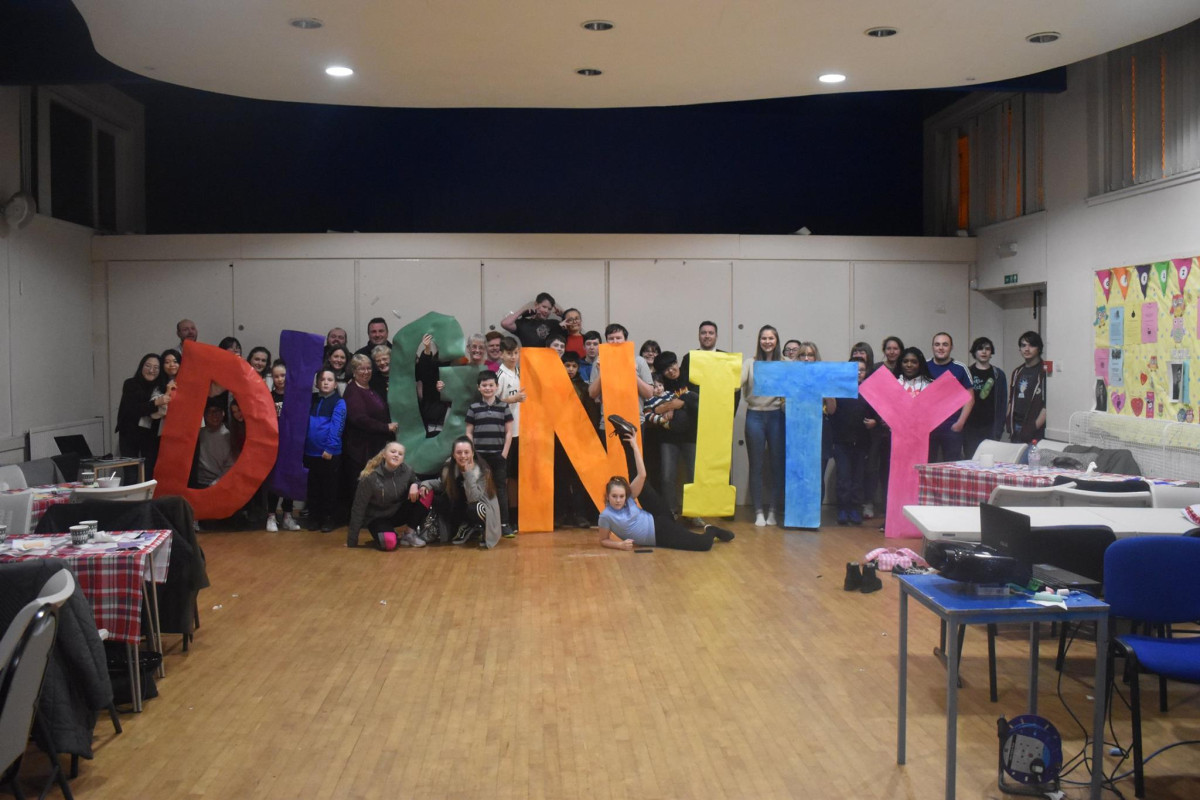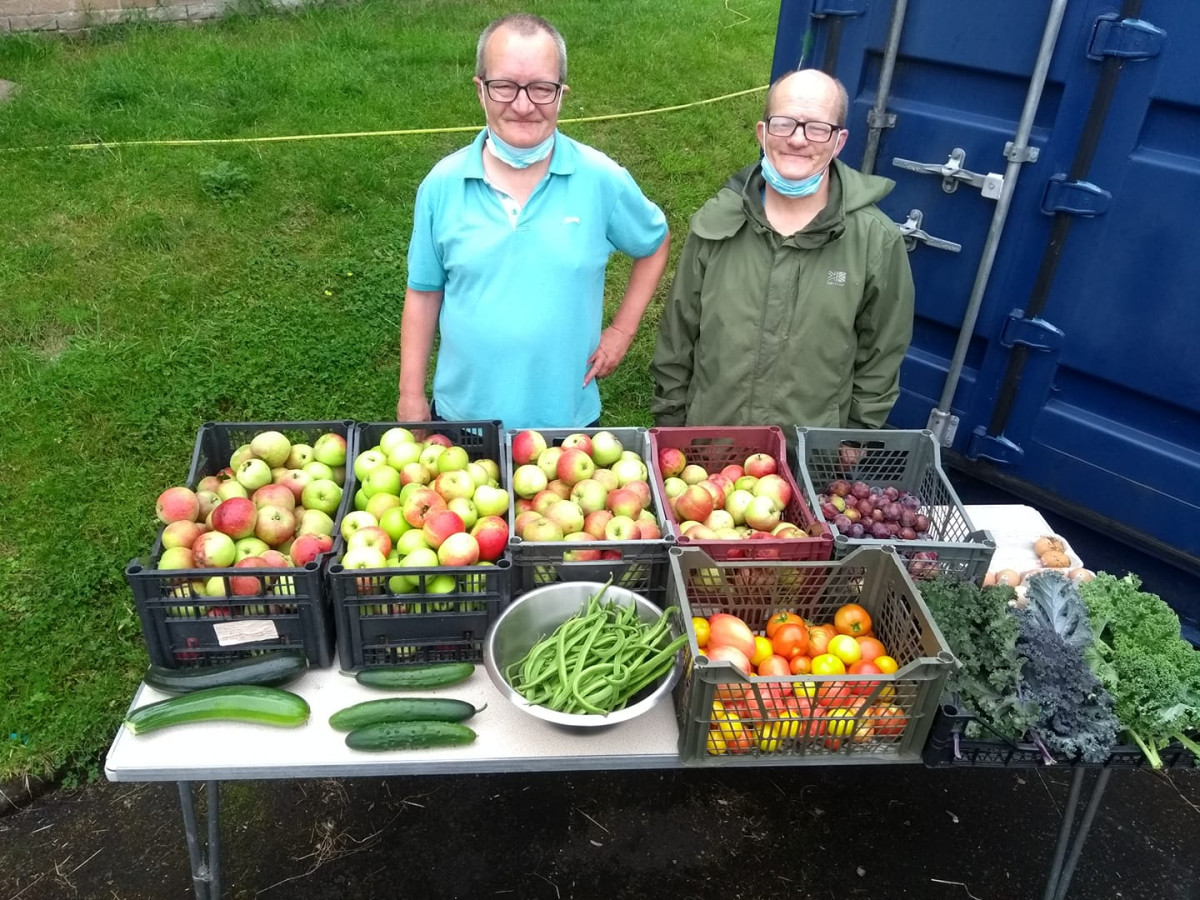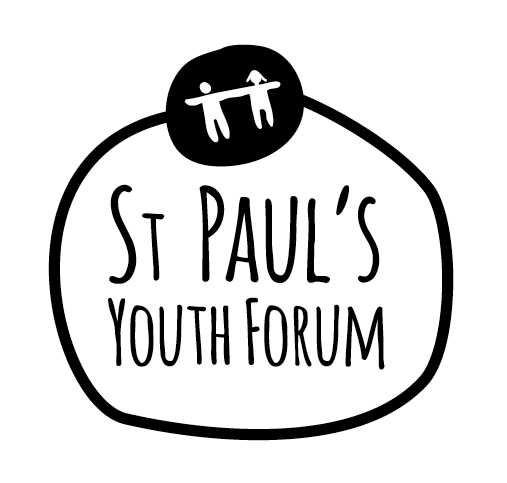
First dignity in practise workshop at St Paul’s Youth Forum
Find out more: https://www.stpaulsyouthforum.co.uk/
We provide a range of services and activities to the local community based around 4 key strands: youthwork, community food, community radio and cycling in the Glasgow City Council area. Blackhill’s Growing, our community food project, is focused on bringing people together through growing, cooking and eating good food. We run growing workshops and volunteering sessions growing food, cooking workshops with adults and young people, a free weekly community meal and a free weekly pizza night, we also run a weekly free help-yourself community larder where people have access to fareshare food, donations and garden produce.
We have a very active volunteer program at St Paul’s. This enables participants in all our projects, including those receiving food support, to volunteer with us in different ways. Whether helping out with cooking the community meal or tidying up after it, people can also help harvest the produce that we give away in our two volunteer growing sessions weekly. For those who don’t have the time, but would still like to contribute, we accept donations of both cash and food and always have a donation tin present at activities. Still, we ensure that people are not made to feel obliged to donate either time or money when receiving support.
“We also regularly run focus groups with participants and volunteers asking for their opinions on new initiatives and projects in the community.”

Our Veg barra with produce grown by us
One of the challenges we face, is the fact that demand has now outstripped our supply of food. This has posed some serious challenges to implementing the Dignity Principles.
In order to be fair, we have had to introduce restrictions and rules so that everyone present has a chance to get at least some food, this differs from the more relaxed way in which we used to run our community larder pre-covid. When we realised that we no longer had enough food to let everyone help themselves, the first instinct of many was to divy up the food to ensure that everyone would get the same amount. While in some ways this might be fair, it also strips people of choice. However, based on our work with the dignity tools and resources, we took the time to think of a more creative solution.
We looked at what we had available and segmented it in terms of its value and level of scarcity. Then, depending on this, we implemented a maximum limit for each food type. For example, people can only take 2 of the expensive meat items per household (to ensure everyone is getting access to some protein) and then there is a limit of 8 for the mid-level household food stuffs which are more readily available. Produce from the garden, which we have a glut of, was completely ‘help yourself’. Even though this limits people’s choice to some extent there is still an opportunity for people to feel some sense of control.
In a difficult context, we still put the Dignity Principles at the heart of our design and decision making.
“In today's climate of food insecurity, if you are measuring your ability to provide food based on the ideal, you may find it quite a depressing experience. However the Dignity Principles and toolbox are still a really important resource that you can use to think through decisions. These allow you to make small but important changes to your service which will have a real impact on your participants' experience and sense of dignity. ” – Author: Joseph Lowit, Community Food Worker.
